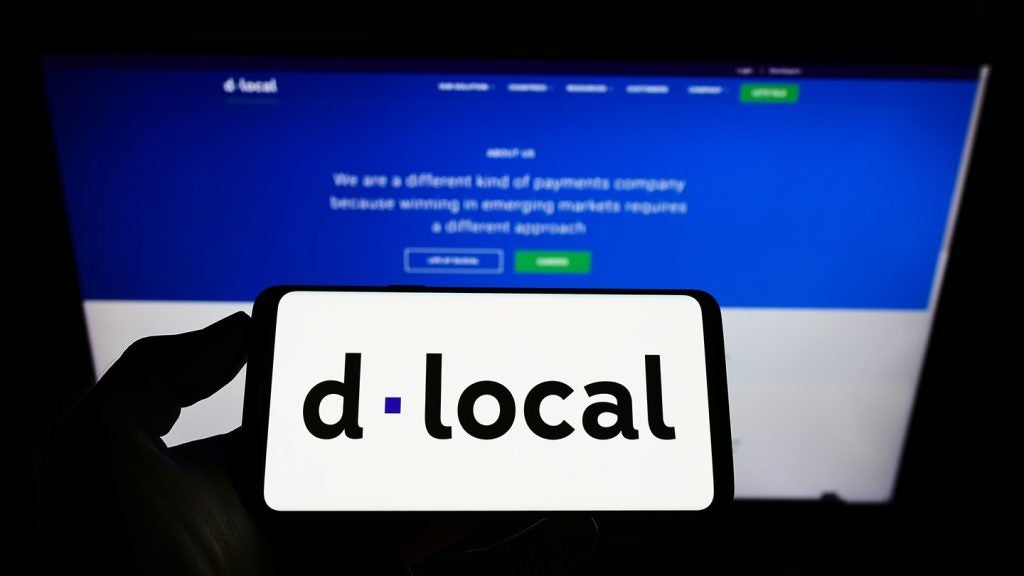According to a new study, the uptake of prepaid in the
US is set to rise significantly this year, driven by increased
marketing and awareness, and a rapid rate of deployment in the
government and payroll sectors. However, the economic downturn will
negatively impact gift card growth, as Charles Davis
reports.
 Though uncertainty over greater regulation looms over
Though uncertainty over greater regulation looms over
the prepaid cards market, a new report finds that Americans will
load $69bn onto branded prepaid cards in 2010, up 27% from 2009
levels. Increased consumer marketing and the US government’s push
to move federal and state disbursement programmes to prepaid cards
are predicted to propel the industry forward. Transaction volume
will reach 3.3bn this year, up 37.5% from 2009, and 3.9bn in 2011,
eventually reaching 6bn transactions annually in 2014.
By 2014, US payment consultancy
Aite Group predicts consumers and businesses will load as much as
$186bn onto prepaid cards, according to the report, The Branded
Prepaid Card Market in 2010 and Beyond.
Aite analyst Adil Moussa said in
the report he expects incentive and loyalty cards to lead the
market during the next four years, with a compound annual growth
rate of 39%. Corporations and retailers are using these types of
cards increasingly to stimulate sales, reward loyalty, shape
consumers’ behaviour and reward employees, Moussa wrote.
How well do you really know your competitors?
Access the most comprehensive Company Profiles on the market, powered by GlobalData. Save hours of research. Gain competitive edge.

Thank you!
Your download email will arrive shortly
Not ready to buy yet? Download a free sample
We are confident about the unique quality of our Company Profiles. However, we want you to make the most beneficial decision for your business, so we offer a free sample that you can download by submitting the below form
By GlobalDataRapid growth rate for
payroll
Payroll cards will experience 28%
growth through to 2014, the report said, as prepaid programme
managers, networks and issuers continue to highlight the benefits
of payroll cards to corporations. Wal-Mart’s recent decision to pay
employees using payroll cards brought a great deal of attention to
the sector.
Government cards will grow at an
average rate of 27% from 2010 to 2014, fuelled by new deployments
of prepaid benefit programmes. Government cards remain a segment
with thin margins compared to retail programmes, however, as the
government does not allow many fees to be passed on to
cardholders.
Health care cards continue to be
viewed as a disappointment when compared to their promise, but are
still expected to grow at a rate of 22%. The on-again, off-again
nature of health care reform remains a concern to many prepaid
issuers in the health care sector, and the report finds that
substantiation challenges at the point of sale continues to be a
real issue for health care cards.
Gift cards will have the lowest
growth rate of all card segments, the report said, citing the
lasting effects of the economic downturn.
The main beneficiaries of the
growing prepaid market are the companies that offer the cards,
which are expected to take in $1.9bn in revenue this year, from
selling the cards and from charging various fees to users. That sum
will be 68% of the total revenue generated by prepaid cards.
Issuers will reap $470m in direct
prepaid card revenues in 2009. Most of the revenues come from
interchange or programme management fees. Processors will make
$360m from straight processing, not including any other fees that
are charged for start-up or conversion. Aite expects total revenue
from prepaid to grow from $2.79bn in 2010 to $3.43bn in 2011,
eventually reaching $5.91bn by 2014.
Card reform uncertainty a
concern
The report found that the
uncertainty surrounding reforms are significant, as many payments
executives fear that the changes imposed by the Credit Card
Accountability, Responsibility and Disclosure (CARD) Act will be
only the start of an industry overhaul.
The CARD Act has already prompted
changes in the prepaid industry, most notably on gift cards. Part
of the law stipulated that these cards cannot expire earlier than
five years from being issued and that the expiration terms must be
stated clearly and conspicuously, and gift card managers began
implementing those changes well in advance of the deadline.
The prepaid market remains young
but already has gone through a wave of consolidation, and more
mergers and acquisitions are likely, Moussa wrote.
A key factor was Green Dot’s
announcement that it is planning an initial public offering that
could generate up to $150m. The report said that observers have
speculated that the company might use the capital to fund
acquisitions. Ultimately, education is the one aspect of the market
players can control, the report said, especially educating
legislators.
“TV ads will go a long way in the
educational effort, and can have a major impact in bringing
awareness to the masses,” the report said.
Corporations – especially smaller
ones – need to be educated as to the benefits of payroll cards.
Aite’s research shows only 40% of corporations are aware of payroll
cards and their benefits.
The report also found that the
industry needs to do some basic marketing and organisation work,
including the rather elemental step of coming up with a single name
for the many different prepaid products that comprise the industry.
A single, industry-encompassing logo on cards would better indicate
their features as well as their ubiquity as part of a larger
whole.
While issuers have the fastest
revenue growth, they are faced with increasing fraud and declining
margins, and thus must build scale in order to face the next few
years, the report said. Technology, consolidation and vertical
integration all are placing prepaid programme managers under
tremendous strain, and will continue to make life difficult for
them.
Programme managers in some segments
will have to play more than an intermediary role to avoid having
their own role picked up by processors and issuers.
Regulatory uncertainty, consumer adoption of different
distribution channels and the diverting of funds from innovation at
banks all will contribute to challenging the industry moving
forward.







